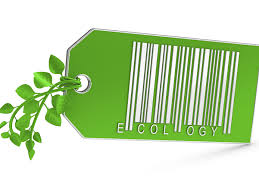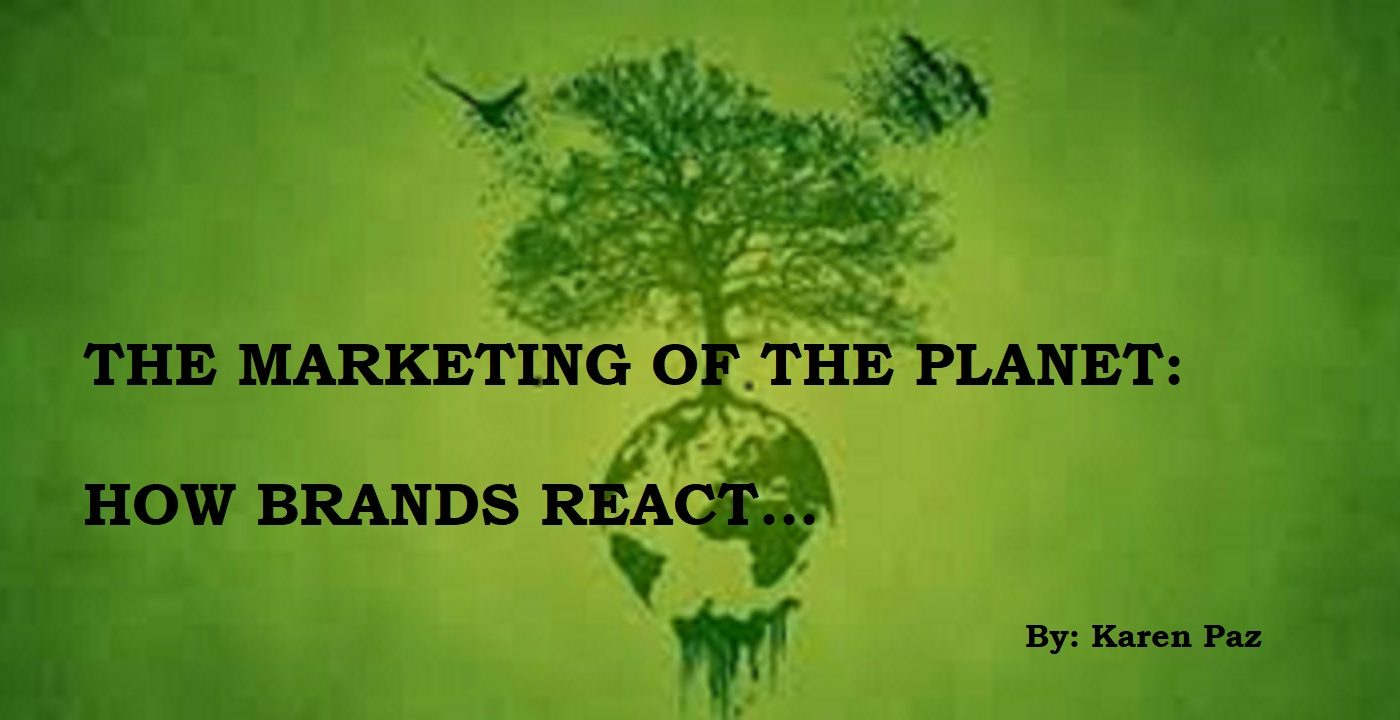Concepts such as organic agriculture, sustainable fashion, plastic-free, cruelty-free, among others, may sound familiar to you and it is because it is beginning to take relevance in the care of our planet.
Nowadays, there is a growing concern about our planet’s limited resources, consumers have realized and take consciousness about it which has lead an increasing campaign for the environment’s conservation, hence forcing companies to incorporate new sustainable measures into their marketing strategies, known today as Green Marketing.
Probably, the first thought that comes into our minds when we think about sustainability is: green and organic, but that’ s not all. It is more about the process to develop a product or service that during its production uses natural, human, and economic resources in the most efficient, intelligent, and responsible way, providing benefits to the environment.
What means green marketing?
Also known as sustainable marketing or ecological marketing, it refers to the promotion of products that are made from reusable materials, more durable, including recycled materials or components, and are manufactured with less waste of natural resources and a lower impact to the environment.
Today, society is defined as consumerist. We do not take the time to distinguish what we want or desire from what we really need. Although the use of highly contaminant materials still remains in some products from our shopping list, they are already getting off from its production process, thereby, we are paying more attention to the small letters of products and being more concerned with the environment that surrounds us.

Also, consumers have become more demanding, they are more informed and have high expectations of each product or service they purchase. Brands beyond delivering value on their products must show that they have a purpose that is in line with today’s high demands. To achieve this, they must include sustainable development as a pillar of their culture, that’s why the use of green marketing in companies not only serves to promote their products, but it is also focused on promoting the image and obtain greater benefits by applying strategies such as:
- Recycled products:
Many companies have changed the packaging of their products, now they use paper bags, cardboard, and even recycled glass.
- Biodegradable products:
Products that can be reused because they won’t wreak havoc on nature, like menstrual cups.
- Organic production:
This is the case of organic farming and natural animal husbandry for obtaining chemical-free products. Consumers are starting to prefer natural and organic products because of their taste, quality, and health benefits.
- Be transparent:
Consumers only expect as much information as possible about products, operations, supplies, and processes.
Did you know about the commitment of these brands?
Ecosia: founded in 2009 as Forestle, then in 2014 acquired the current name, it faces deforestation with a click, which means that for every 45 searches you make on its platform, Ecosia commits to plant a tree. Every month it publishes financial reports and receipts for planting trees, as well as photos as proof of its work.
Unilever develops “5 Levels of Change” so that it inspires consumers to adopt some sustainable behaviors. This model helps the specialists to detect barriers and triggers of change which they consider to make it understandable, easy, desirable, associate it with a reward and finally make it a habit
Basq: is a surf brand that manufactures its clothes with recycled waste that is found among the waves. They use the plastic for their sweatshirts and T-shirts, as well as the rubber soles for their sneakers. This creation has a great impact on their customers and generated a high engagement.
Green marketing creates a long-term relationship with consumers, as people are willing to pay more for responsibly made products, which also increases their brand loyalty.




A very important topic, I definitely tend to be more loyal and supportive of local or more sustainable brands. Thanks for sharing your insights Karen!
We need to understand the needs of the planet, not our owns. thanks Eszter`:)
An informative post, Karen!
Thank you Raissa!!